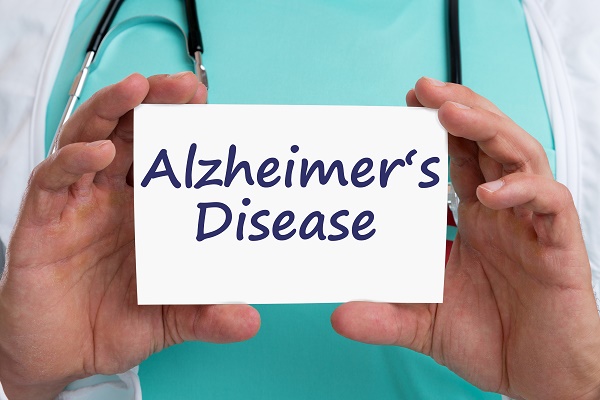The one with Alzheimer’s is the first to notice changes in cognitive abilities – facing unusual difficulty remembering things, names, places and organizing thoughts. Curcumin in Alzheimer’s disease, a natural compoundof turmeric, providesnoticeable therapy for and protection against neurological disorders including dementia.
Alzheimer’s disease, the most common cause of dementia, leads to loss of intellectual and social skills. It sets due to a combination of genetic, lifestyle and environmental factors affecting brain over a period of time. Alzheimer’s disease exhibits the phenomenon of plaques and tangles, wherein,clumps of beta-amyloid protein and tangles form that destroybrain cells. Studies suggests that inflammatory response in the brain is responsible for Alzheimer’s. Curcumin in Alzheimer’s disease acts as a powerful anti-inflammatory agent, competing against some of the more commonly used pharmaceuticals.
How Alzheimer’s Disease Manifests?
- Memory Issues
Though occasional memory lapses are pretty common; but people with Alzheimer’s experience serious memory issues that are repetitive and worsen to the extent of affecting their functionality.
- Repetitive statements and questions.
- Instances of forgetting events, places and names of family members.
- Disconnected conversations, forgetting appointments or events.
- Misplacing and often putting objects in illogical locations
- Trouble finding correct words to identify objects, express thoughts or to take part in conversations
- Judgments and Decision Making
Ability to take simple decisions is hampered and usually ends up “burning food on the stove.”
- Thinking and Reasoning Issues
Concentration issues and difficulty with abstract concepts such as numbers – managing finances and paying bills become difficult.
- Behavioral Changes and Personality Issues
Curcumin in Alzheimer’s Disease
Research shows that Turmeric, derived from a plant Curcuma longa, protects brain from the onset as well as progression of Alzheimer’s disease due to its main ingredient Curcumin.
Curcuminin in Alzheimer’s disease, is responsible for improving and maintenance of cognitive abilities by acting upon proteins and enhancing brain cells.
However, common Curcuminin in Alzheimer’s disease fails to exert 100% of its therapeutic effects due to poor bioavailability, less permeability and fast metabolism, combination of additional compounds and low content of curcumin in turmeric (1-3%).
Novel Solution – SNEC30!
To counter fight disadvantages of common turmeric, latest generation of scientifically formulated bioactive,SNEC30 (Self-nano emulsifying curcumin 30 mg) has been co-developed by Arbro Pharmaceuticals Pvt. Ltd, DRDO (Defense Research & Development Organization), and Jamia Hamdard University in collaboration with DST (Department of Science & Technology, GOI) and is US Patented.
SNEC 30 in Alzheimer’s Disease
Superior Anti-Inflammatory– SNEC 30 acts as anti-inflammatory and exerts a protective role against β-amyloid protein associated inflammation that happens in Alzheimer’s disease.
Acts As Anti-oxidant–SNEC 30is a scavenger of free radicals and eliminates them from body due to its anti-oxidant effect thereby preventing damage to the brain.
Proven Neuro-Restorative Agent–SNEC 30 helps rescue long-term functional memory which gets impaired by amyloid peptide in Alzheimer’s disease – also reverses physiological damage by restoring distorted neuritis while disrupting existing plaques.
Protects Against Cellular Damage- SNEC 30 provides protection against damaging effects of β-amyloid proteins at a cellular level and hence helps brain functioning.
Protective Effect in Alzheimer’s -SNEC 30 has a higher binding affinity for iron and copper rather than zinc due to metal chelating properties which have protective effect in Alzheimer’s.
Dosage and Safety – Optimum dose 1 capsule twice daily or as directed by physician. Trials report very few, if any, adverse effects of SNEC30 even at a high dose.
Disclaimer
All information on this site is for purpose of general education and in no way can substitute consultation with an Ayurvedic doctor.

